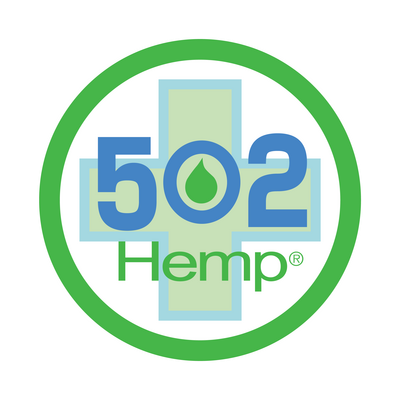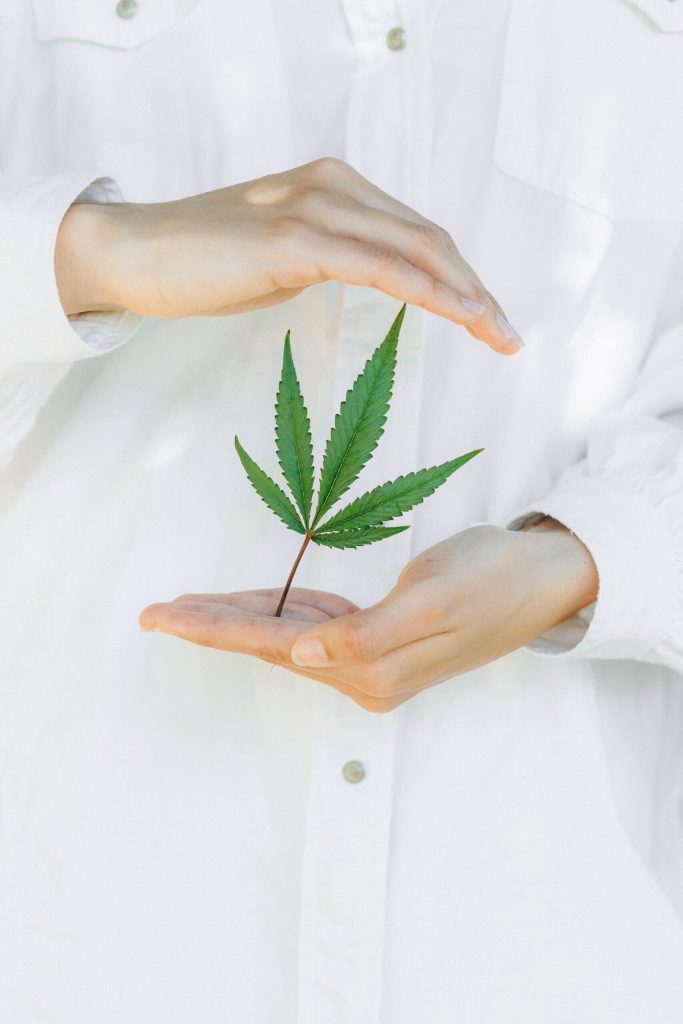The recent move by Governor Andy Beshear to allow Kentuckians with qualifying medical conditions to possess eight ounces of medical cannabis is a significant step forward, addressing years of legislative inertia. However, the geographical proximity to out-of-state options remains a challenge, with Illinois currently the nearest state to offer accessible prescriptions. Amidst this backdrop, a locally available alternative emerges in the form of Delta 8, a naturally occurring compound found in hemp.
Often referred to as “diet weed” due to its reduced psychoactivity compared to marijuana, Delta 8 enjoys legal status at both state and federal levels. This compound could potentially provide relief from various conditions, including pain, seizures, and other ailments alleviated by traditional marijuana usage. Dee Dee Taylor, the CEO of 502 Hemp Wellness Center in Louisville, highlights the essential similarity between hemp and marijuana, noting, “Most people don’t realize that hemp and marijuana are the same plant, just lower milligrams.”
In response to a court ruling affirming Delta 8’s legality, Governor Beshear issued an executive order tasking the Cabinet for Health and Family Services with crafting guidelines for its production, labeling, and sale. These regulations, according to Beshear, could serve as a blueprint for when the General Assembly ultimately legalizes medical cannabis. Concurrently, Kentucky Agriculture Commissioner Ryan Quarles is urging the U.S. Food and Drug Administration to regulate dosing and advertising for hemp products.
However, concerns have been raised about the lack of uniform regulations. Both the FDA and the Centers for Disease Control have issued warnings about Delta 8, citing thousands of accidental poisonings and potential risks tied to its processing.
Delta 8’s emergence could significantly impact Kentucky’s hemp industry, which has faced challenges in recent years due to overproduction, the pandemic’s economic impact, and erratic federal oversight. Despite these hurdles, the industry remains versatile, producing items such as paper, rope, textiles, biodegradable plastics, biofuel, and animal feed. Among these, CBD oil stands out, enjoying mainstream acceptance as a health product. This non-intoxicating oil is crucial for processing Delta 8 THC, which provides its characteristic effects.
Katie Moyer, the President of the Kentucky Hemp Association and owner of Kentucky Hemp Works, expresses surprise about Delta 8’s existence but acknowledges its potential benefits. Moyer notes that Delta 8 presents an additional option for individuals seeking relief. This sentiment is shared by Dee Dee Taylor, CEO of 502 Hemp Wellness Center, who stresses the significance of hemp’s legality in Kentucky, offering an accessible alternative for those in need.
Despite Delta 8’s potential, its regulation and responsible usage are paramount. Both Moyer and Taylor emphasize the importance of limiting its availability to adults and ensuring proper education for consumers. Taylor believes Delta 8 should be available in stores where education can be provided, echoing the sentiment that it’s not just a product but a potential form of medicine.
As Kentucky navigates its evolving hemp landscape, it’s clear that various factors, including government regulations and consumer education, will shape the industry’s trajectory. Delta 8’s emergence presents an opportunity for local residents to find relief and explore alternatives that are not only legal but also potentially beneficial to their well-being. As the hemp industry regains its footing, the responsible use and regulation of compounds like Delta 8 could contribute to its sustained growth and broader acceptance.

